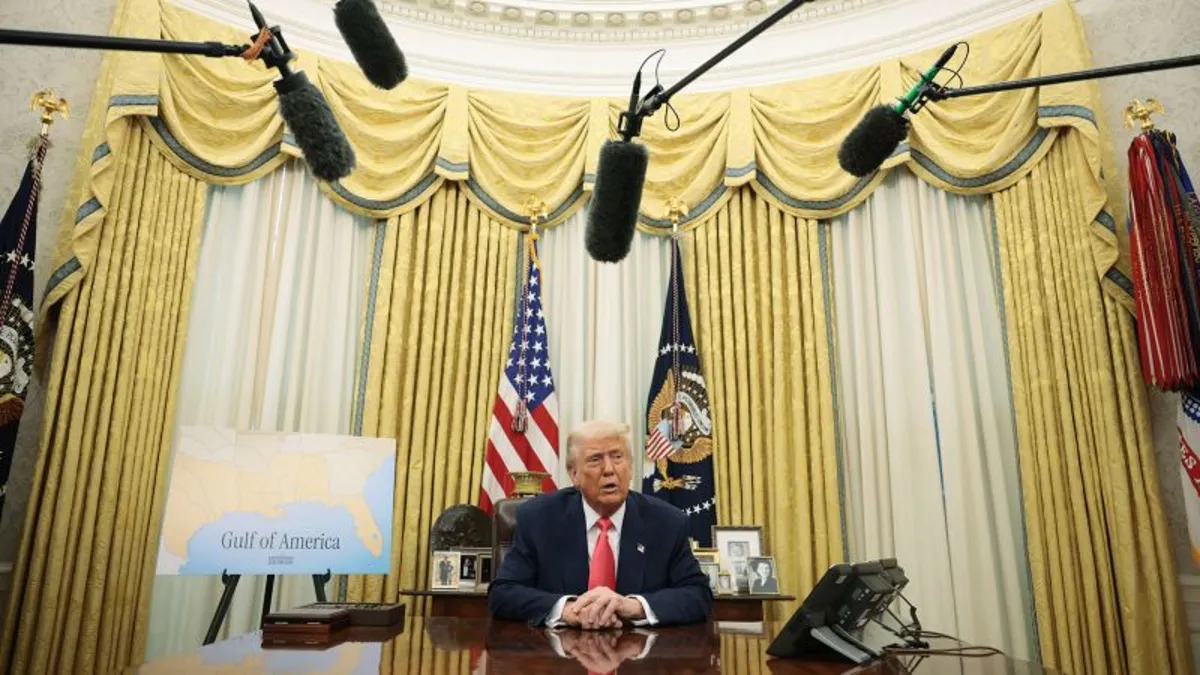
In a bold move to bolster the cryptocurrency landscape in the United States, President Donald Trump has established a Strategic Bitcoin Reserve through an executive order. This news was shared by David Sacks, the White House czar for AI and cryptocurrency, in a recent post on social media platform X. Trump announced on Sunday his plans to direct the government to stockpile not only Bitcoin but also Ethereum and three other tokens, igniting significant backlash from members of the crypto industry.
According to Sacks, the Strategic Bitcoin Reserve will be “capitalized with Bitcoin owned by the federal government that was forfeited as part of criminal or civil asset forfeiture proceedings.” This approach aims to ensure that the reserve will not impose any financial burden on taxpayers. Furthermore, the executive order mandates a comprehensive accounting of the government's digital asset holdings, which Sacks estimates includes approximately 200,000 Bitcoin.
Importantly, the government has committed to not selling any Bitcoin from this reserve, likening it to “a digital Fort Knox.” In addition to the Bitcoin Reserve, the executive order has also initiated the creation of a U.S. Digital Asset Stockpile, with the objective of ensuring responsible stewardship of the government’s digital assets under the Treasury Department.
The cryptocurrency industry has found itself in a unique position during Trump’s administration, enjoying a more favorable stance compared to the stricter regulations proposed by former President Joe Biden. This divergence in approach is highlighted by the upcoming first-ever crypto summit at the White House, scheduled for Friday. However, the market has experienced significant volatility in response to Trump’s economic policies, including fluctuating tariffs that have introduced uncertainty into the world’s largest economy. As a result, when the market becomes unstable, investors often withdraw from riskier assets like cryptocurrency.
Critics of cryptocurrency argue that its value is artificially sustained and question the necessity of establishing a reserve. Hilary Allen, a law professor at American University and a noted skeptic of crypto, previously remarked to CNN, “The second you start to sell, the price is going to start tanking. It just shows how pointless the whole thing is if you have any goal other than to essentially provide exit liquidity for existing holders.”
In his Sunday post on Truth Social, Trump revealed plans to include not just Bitcoin and Ethereum, but also lesser-known tokens such as Solana, XRP, and Cardano in the stockpile. Sacks has also addressed concerns regarding potential conflicts of interest due to his investments in cryptocurrencies. He clarified that he sold all his crypto holdings before Trump assumed office and intends to update the public at the conclusion of the ethics process.
Looking ahead, Gerald Gallagher, general counsel for Sei Labs, conveyed a hopeful outlook for the industry: “There may still be several surprises that come out of the historic summit on Friday, and the market will still continue to deal with the weaker-than-expected jobs data that came in today and other macro factors. That said, the industry leaders attending should be able to continue to advise on policy in the right direction, and we need to keep winning with the regulators and the courts with the help of this administration.”